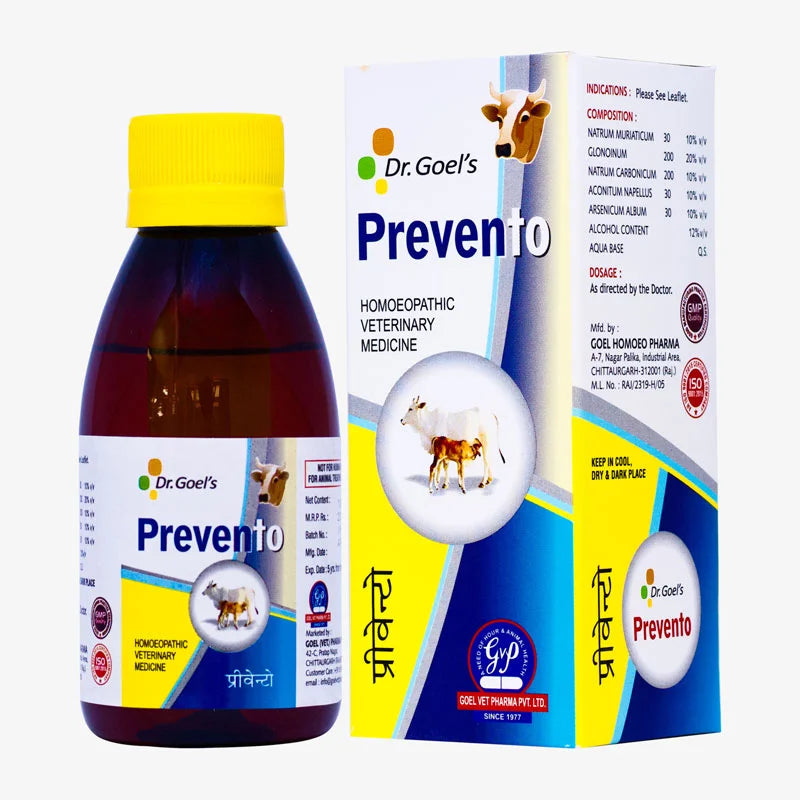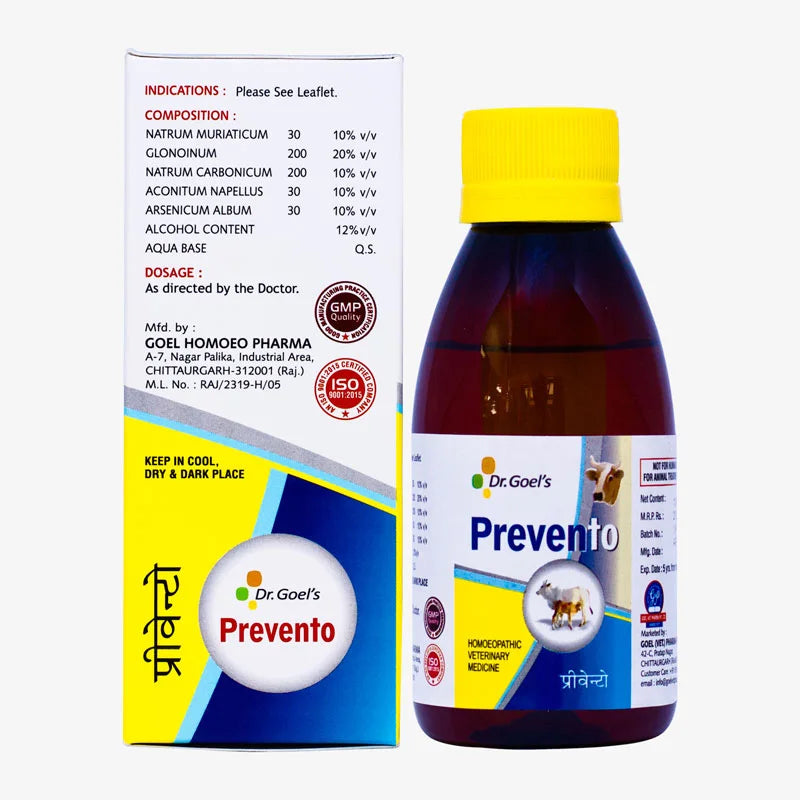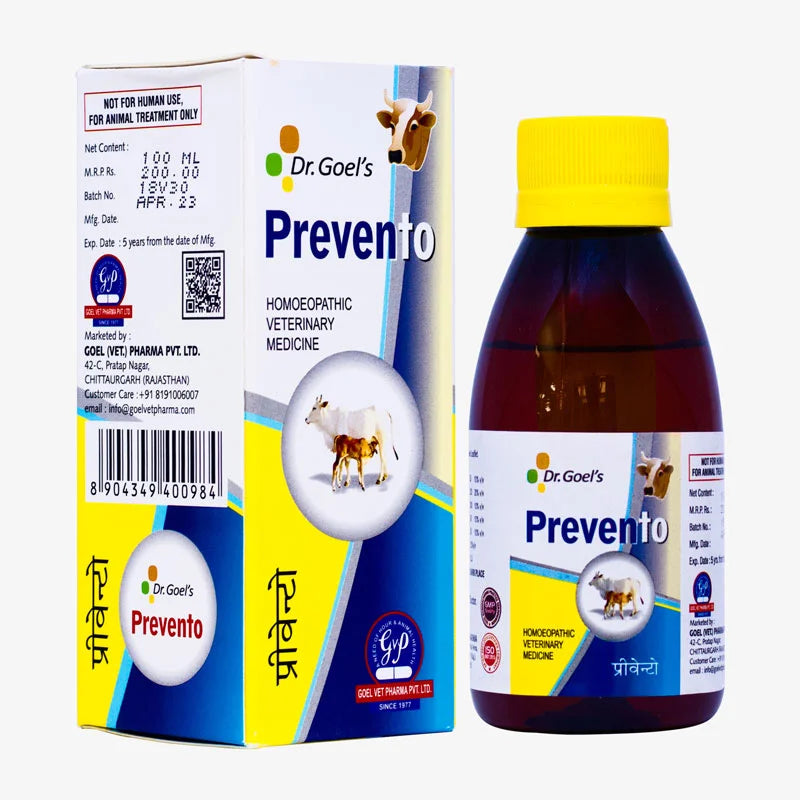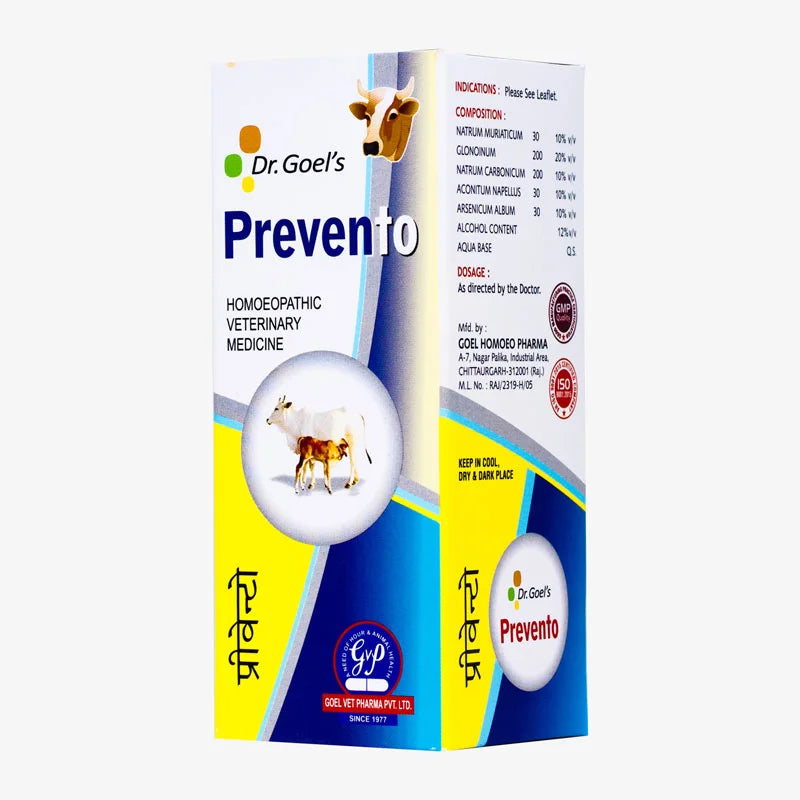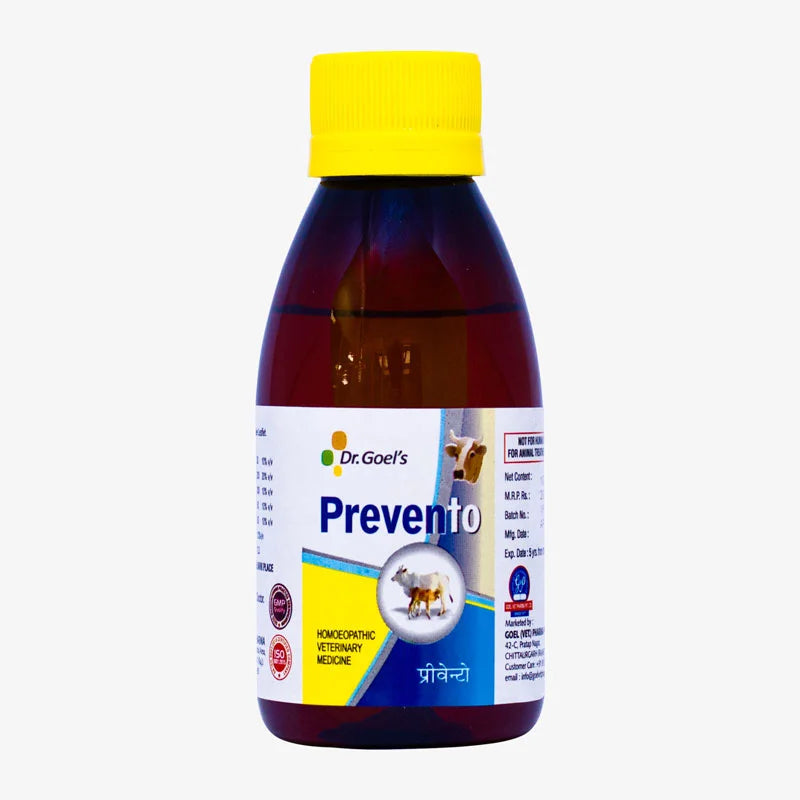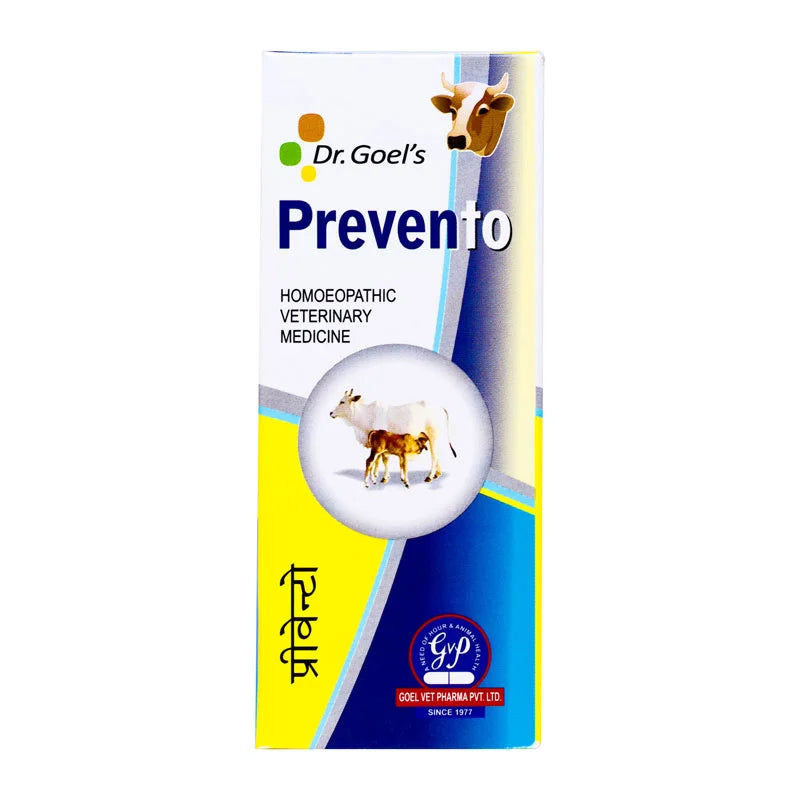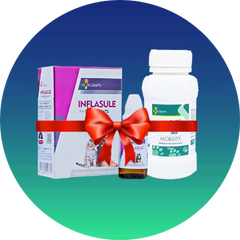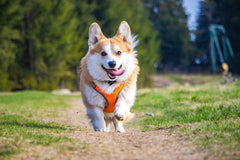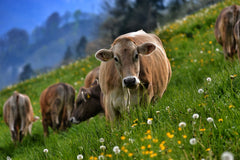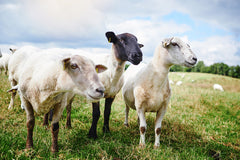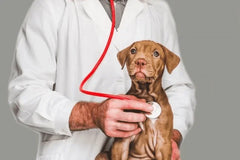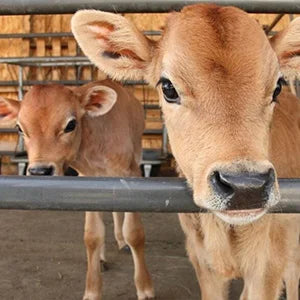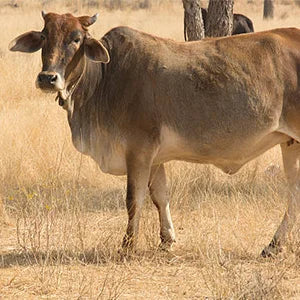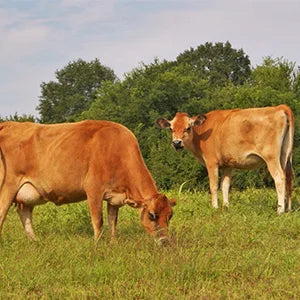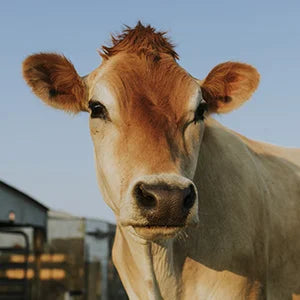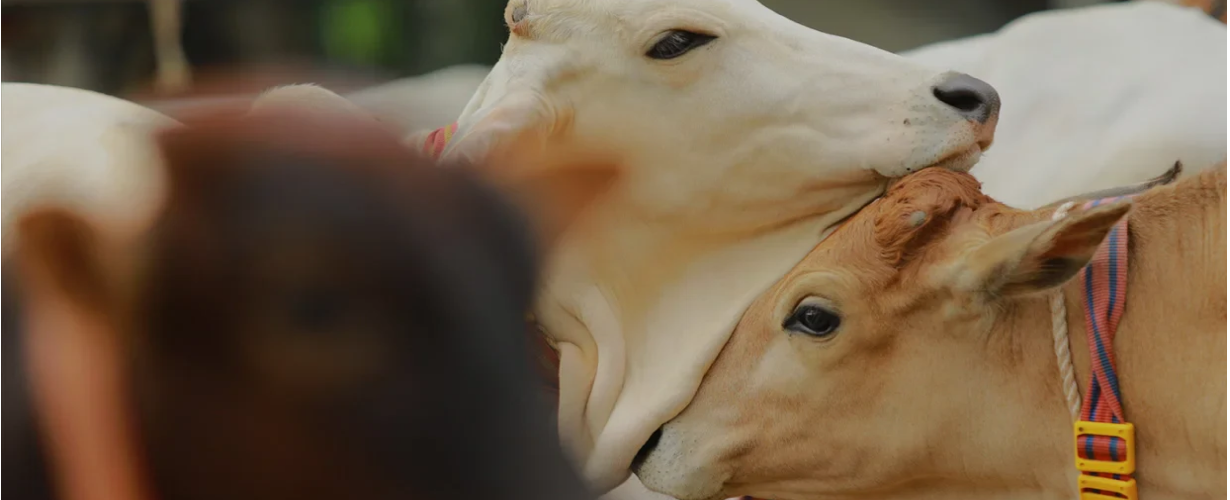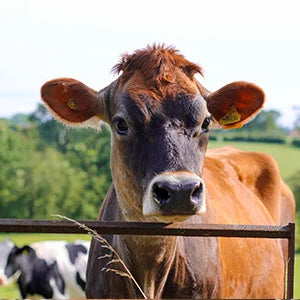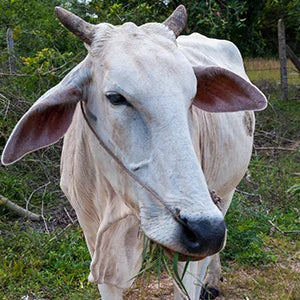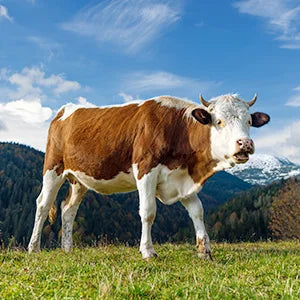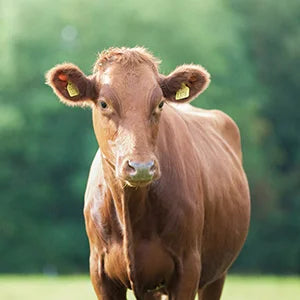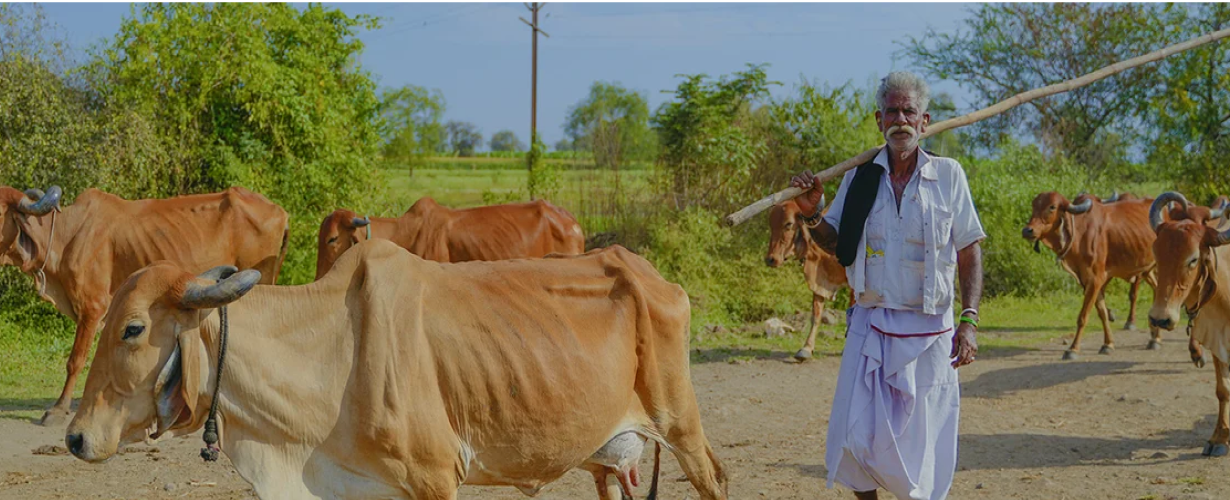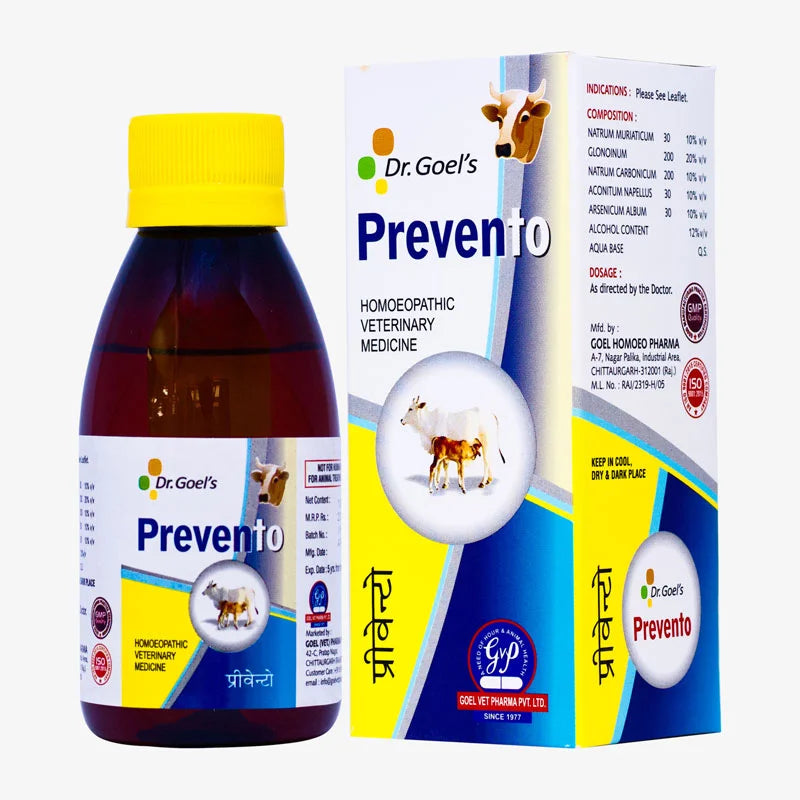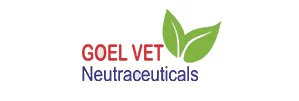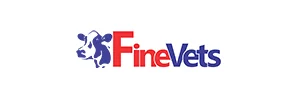Heat stress, known as panting disease in cattle, arises when cows struggle to regulate their body temperature in hot, humid conditions. Signs include excessive panting, increased drooling, reduced feed intake, lethargy, elevated respiration, and higher body temperature. Preventing heat stress involves providing shade, ample clean water, and implementing cooling methods like fans or misters to mitigate high temperatures and ensure the well-being of the cattle during hot weather.
Common causes of Heat Stoke, Panting disease in Cattle include:
-
High Temperatures and Humidity
Exposure to extreme heat combined with high humidity levels, especially in environments lacking shade or proper ventilation, can overwhelm the cow's ability to cool down.
-
Inadequate Water Supply
Insufficient access to clean and cool water, especially during hot weather, can lead to dehydration and exacerbate heat stress in cattle.
-
Lack of Shade or Shelter
Inadequate shade or shelter from direct sunlight increases the likelihood of heat stress in cattle, particularly during peak heat hours.
-
Poor Ventilation
Overcrowded or poorly ventilated areas hinder the dissipation of body heat, contributing to heat-related issues in cattle.
Tips for Prevention Heat Stoke, Panting disease in Cattle
Preventing heat stress in cattle involves providing shade, ample clean water, and implementing cooling measures. Ensuring proper ventilation, adjusting feeding schedules, and vigilant observation for signs of distress are crucial. Managing their environment to mitigate high temperatures, especially during hot weather, helps prevent heat-related illnesses, ensuring the cattle remain healthy and comfortable.
Symptoms of Heat Stoke, Panting disease problem in Cattle
-
Excessive Panting
Cattle experiencing heat stress will pant heavily as they try to regulate their body temperature.
-
Increased Drooling
Heat-stressed cattle might show excessive drooling as a means of cooling down.
-
Reduced Feed Intake
During periods of extreme heat, cattle may eat less or stop eating altogether.
-
Lethargy and Weakness
Heat-stressed cattle often appear lethargic, weak, and lack energy due to the stress of high temperatures.
Trusted by Veterinarians
“As a veterinarian, I am thrilled to endorse Dr. Goel Vet Pharma’s homeopathic products for our furry friends. Their commitment to advancing homeopathic veterinary medicine is evident in the exceptional quality of their products. The innovative solutions they provide have significantly enhanced our ability to care for our animal patients, ensuring optimal health outcomes. I highly recommend Dr. Goel Vet Pharma’s products to pet parents for their unwavering dedication to the well-being of pet animals and the invaluable support they offer to the veterinary community.”
– Dr. Sakshi Sharma (B.V.sc. & A.H. M.V.Sc , NET)
Treat your Cattle from Heat stroke, panting problem
PREVENTO for CATTLE is for large animals showing panting due to sunstroke, heat stroke, excessive cold, or after recovering from foot and mouth disease.
